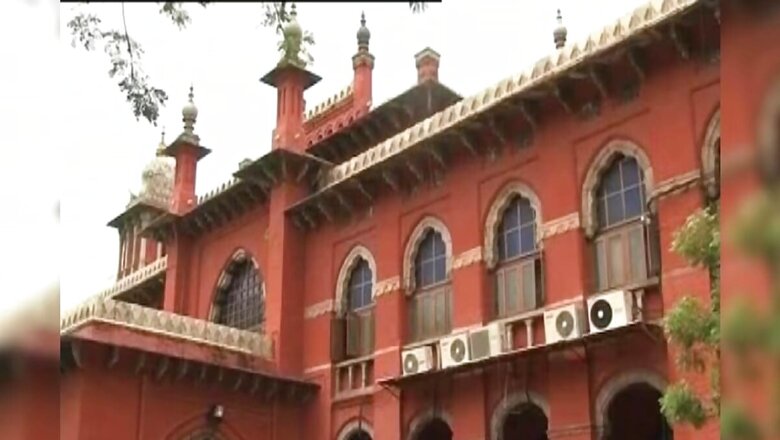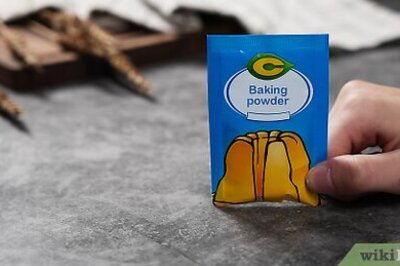
views
The Madras High Court recently directed the Namakkal district administration for swift action to safeguard the historical Kottaianna Swamy Temple and an adjoining fort situated in Paramathi, Namakkal. These structures, believed to date back to the period between 1400 CE and 1600 CE, are at risk of deterioration.
The court said that the site protection is directed to be given immediately, so as to avoid further damage to the site area.
Notably, the fort is situated on private property. Therefore, Justice S M Subramaniam has instructed the Namakkal collector to promptly initiate the acquisition of the land and transfer its custody to the archaeology department within a stipulated six-month period.
Additionally, the court has ordered the archaeology department to take necessary measures to protect the various historical artifacts, including monuments, culverts, and sculptures discovered in the vicinity.
The order was passed in a plea filed by one C Rasu, who had previously made a representation to the district administration in 2020 for intervention in preserving the monuments, temple, and fort in the area. Dissatisfied with the lack of action on his representation, Rasu escalated the matter to the high court.
During the course of proceedings on February 2, 2024, Justice Subramaniam directed the archaeology department to conduct an inspection and furnish a comprehensive report.
The department revealed in its findings that there were important archaeological remains in the area. However, the report stated that the Kottaianna Temple is presently administered by the HR&CE department, while the fort and other monuments are situated on private land.
In light of this, the department suggested that the fort and its protective wall could be officially designated as a protected monument with the consent of the landowners. Furthermore, it recommended that the district administration take necessary measures to ensure the fort’s adequate protection.
Taking into account these submissions, the court issued its order and disposed of the plea, emphasizing the urgency of preserving these historical structures.




















Comments
0 comment